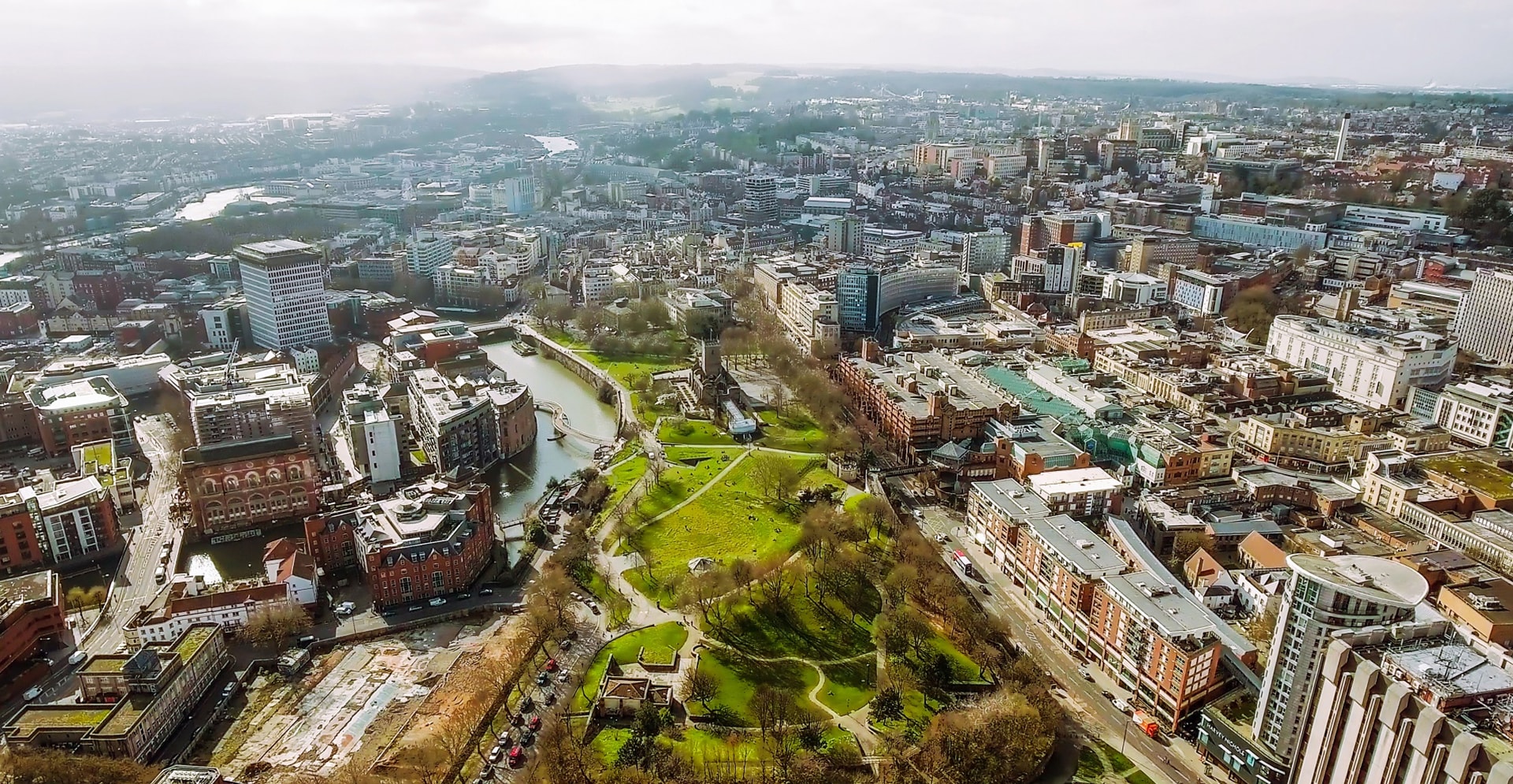Enveloped in the hills of South West England and Straddling the River Avon, Bristol’s former city-centre port is now a cultural hub, with huge strides being taken to make the city a better place to live and work. For generations Bristol has been a well-connected part of the country, and today the wider city region continues to thrive.
The scale of change underway is clear, with unmistakable signs of construction and regeneration providing ample evidence of progress. Yet with journey times inevitably increased by congestion and delays from engineering works, Bristol’s transport network does not necessarily help the city to live up to its potential.
The ‘Green City’
One of the most effective ways to escape Bristol’s traffic is by embracing more active transport options, such as walking or cycling. As the UK’s first ‘cycling city’, Bristol has an almost decade long history of upgrading and implementing new cycle routes and created the UK’s first on-street bike rental network.
The problems arise when this is juxtaposed with travelling by car.
If you ask Bristolians what the main issues are in their city, transport and congestion are always near the top of the list. With little resilience in traffic management and limited options for alternative routing, Bristol is frequently brought to a gridlock by a single road blockage. Too much time is spent sitting in rush hour traffic, which has a devastating impact on health, quality of life and the economy.
Of course, there are plenty of other ways Bristol can use transport to gain a competitive edge, and plans have already been put in place to attract more visitors to Bristol from the West. But the unintended consequences of these plans can also have a drastic impact.
Take the removal of tolls from the Severn Bridge crossing. Taking away the barrier of access into Bristol is a fantastic measure for the citizens of Wales, and will undoubtedly boost the economy and facilitate the flow of commerce and tourism between the two regions. However, the likelihood of an increased flow of traffic into the city region brings another round of problems that will, very quickly, need to be accounted for.
The future of Bristol transport – a behavioural change
Systematic underinvestment in transport over decades has caused the South West to fall behind many of its regional counterparts. Controversial decisions lie ahead to improve Bristol’s transport.
One option is to introduce a rapid transit system from Bristol to Bath. This could be a positive solution to ease congestion, but the already crumbling road network will need to be adapted to accommodate this new mode of transport. Aside from the short-term disruption this would cause, to be successful it would also require a huge behavioural change for Bristolians, moving them away from a reliance on private vehicle usage to more sustainable modes of transport.
Bristol is certainly starting to be taken more seriously as a region worthy of investment. The five key investments, including Metro Bus and South Bristol Link Road, which Bristol secured government funding for in 2010 are now either nearing completion or in operation – proving that Bristol has the ability to deliver major projects and giving the city a huge boost of confidence.
A Smart City
Digital is a topic that is very much front of mind, and embracing the digital agenda is swiftly becoming a reality in Bristol. There has been much talk about integrated smartcard technology for seamless mobility across the city region, but more action is required for these digital strategies to be implemented as ‘business as usual’ across the city.
Through the ‘Bristol is Open’ initiative, the city has made clear its intentions to create the smart city of the future. As one of four UK cities to test driverless car technology and soon to be one of the first with 5G adoption, Bristol is certainly moving in the right direction. The recent launch of the smart city operations centre should also go some way towards helping to ease congestion across the city.
Going forward, Bristol will need to work on reducing its carbon footprint. Pressure is already mounting for cities to use digital technologies, including real time traffic management and electric vehicles, in order to improve air quality and the health and wellbeing of citizens. Bristol is already making great strides as one of the leading UK cities developing smart city strategies, and further investment in this area should reap rich dividends.

